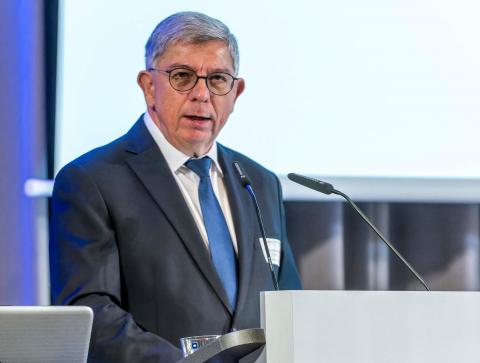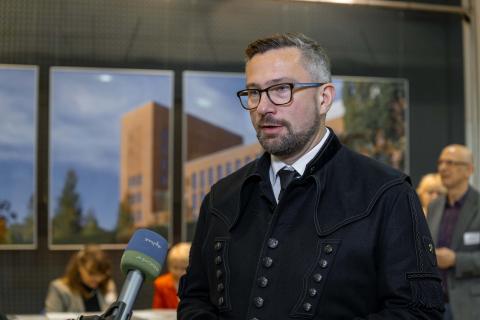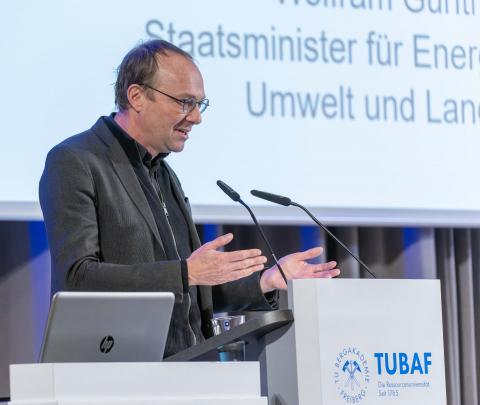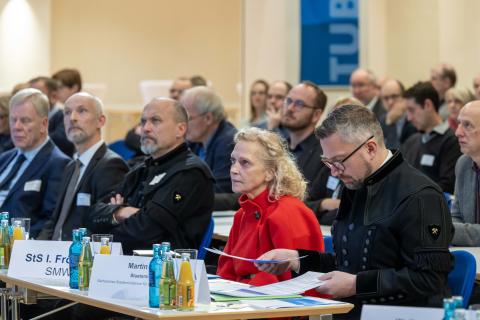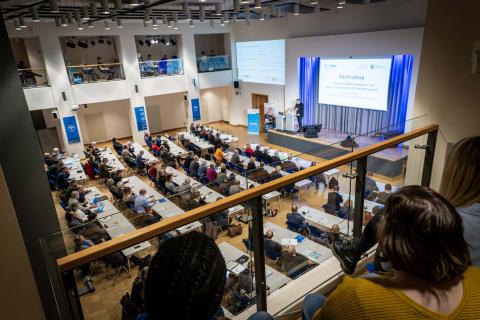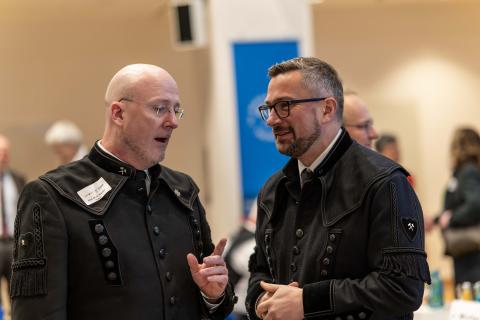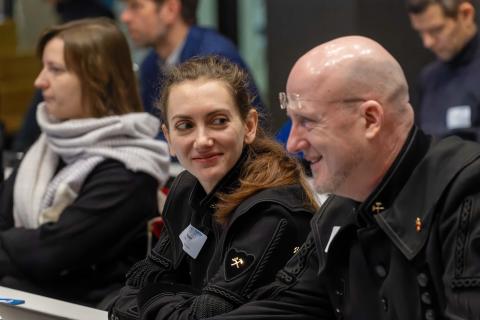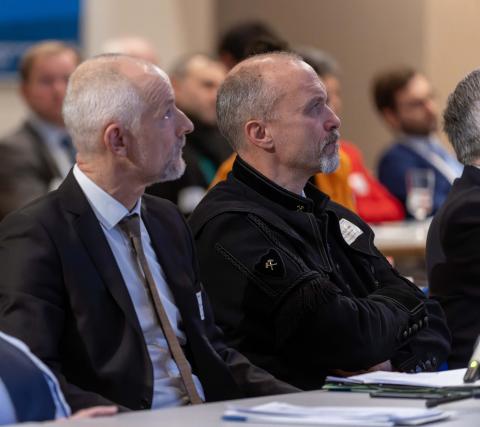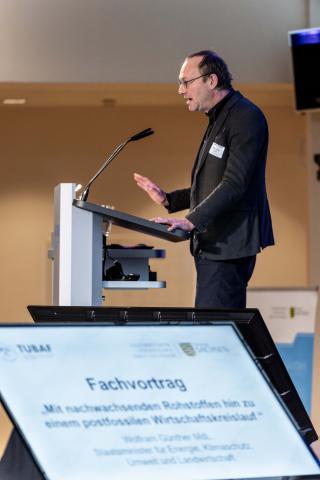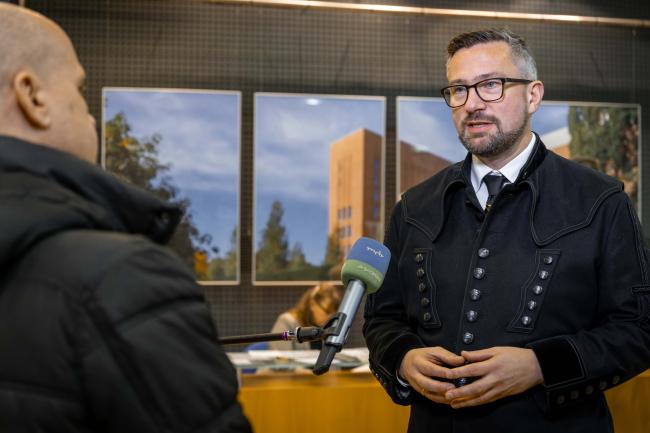A key factor for the prosperity of our society is the sufficient availability of raw materials. Germany has to come to terms with the global raw materials situation for a large number of raw materials due to its dependence on imports - from China, for example. This also applies to mineral raw materials in particular, and the global demand for important technological raw materials is constantly increasing.
The Saxon Minister of Economic Affairs Martin Dulig, who is also responsible for mining in Saxony: "With our new raw materials strategy, Saxony took an even closer look at the major future issues relating to the supply of raw materials at the end of 2022. The energy and transport transition and the digitalisation of all areas of the economy and life will increase the demand for raw materials even further in the future." In addition to the development and utilisation of domestic raw material sources through mining, the strategy also includes raw material recycling and - for the first time - the use of renewable raw materials.
Martin Dulig and Prof. Dr Klaus-Dieter Barbknecht. Klaus-Dieter Barbknecht, Rector of TU Bergakademie Freiberg, jointly drew a first interim conclusion on the new strategy today during the 1st Saxon Raw Materials Conference in Freiberg.
In 2022, the Saxon cabinet also decided to establish an interdepartmental working group, the Raw Materials Strategy Working Group. An important, perhaps even the most important task of the working group is to draw up a plan of measures to implement the goals in the raw materials strategy. By the end of last year, 98 measures had been submitted. The submission process is not yet complete. The result should be a consolidated list of measures for the concrete implementation of the raw materials strategy.
The proposals submitted so far can support all five goals of the raw materials strategy and contribute to all guidelines:
- Saxon contribution to the European Green Deal
- Long-term security of raw materials supply
- Mining of primary raw materials in Saxony
- Utilisation of secondary raw materials
- Utilisation of renewable raw materials.
The Rector of TU Bergakademie Freiberg, Professor Klaus-Dieter Barbknecht, explains: "Research and teaching at our university are concerned with the future topics of responsible raw materials management, sustainable processing in modern materials and substances as well as recycling. Saxony's raw materials strategy focusses on the environment, climate protection and the resource-conserving use of raw materials. That is why it is important for us to create a framework for interdisciplinary dialogue with the Saxon Raw Materials Conference in Freiberg."
Environment and Agriculture Minister Wolfram Günther, who gave a keynote speech at the conference, added: "Renewable raw materials are central to a fossil-free, sustainable and therefore future-proof economy and way of life. On the way to an economic cycle without fossil raw materials, we need to consider the entire value chain. And this is where the bioeconomy will play a central role, i.e. the utilisation of renewable resources, including crops, wood and microorganisms. As a supplier of raw materials, agriculture and forestry will be an important part of this bioeconomy. In the 2021 Energy and Climate Programme, we have created new framework conditions in Saxony for the expansion of an economy that is also based on renewable raw materials. Companies and research are making a decisive contribution to the successful implementation of the raw materials strategy. On the one hand, they are developing new technologies and processes for the manufacture of products and goods from renewable raw materials. On the other hand, they are looking for solutions for the intelligent use of scarce resources. We rely on close cooperation between research, industry, agriculture and forestry."
Economics Minister Dulig concluded: "In our view, the dynamics of the current development, in which the importance of raw materials is constantly increasing, is an opportunity, especially for the Free State of Saxony and its raw materials industry. Our next steps could be decisive. All promising development contributions to sustainably securing supplies must be driven forward with the will to successfully implement them in such a way that they lead to practicable and profitable raw material extraction processes. One measure, for example, would be the establishment of a Saxon investment company as a strategic instrument for investing in domestic raw material extraction and utilisation, which I proposed last year."
